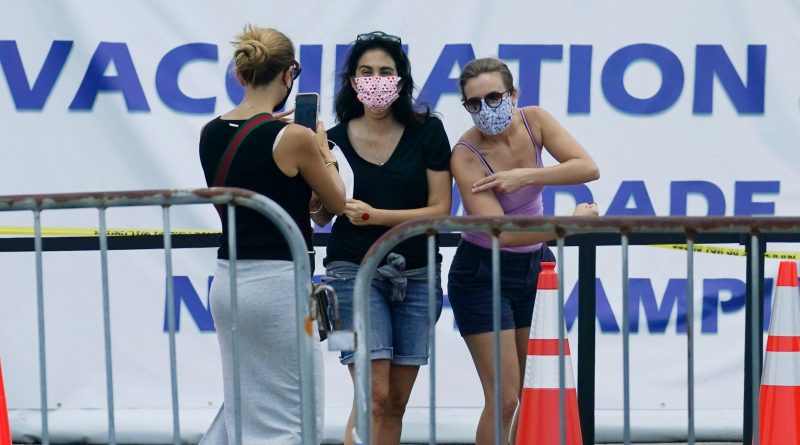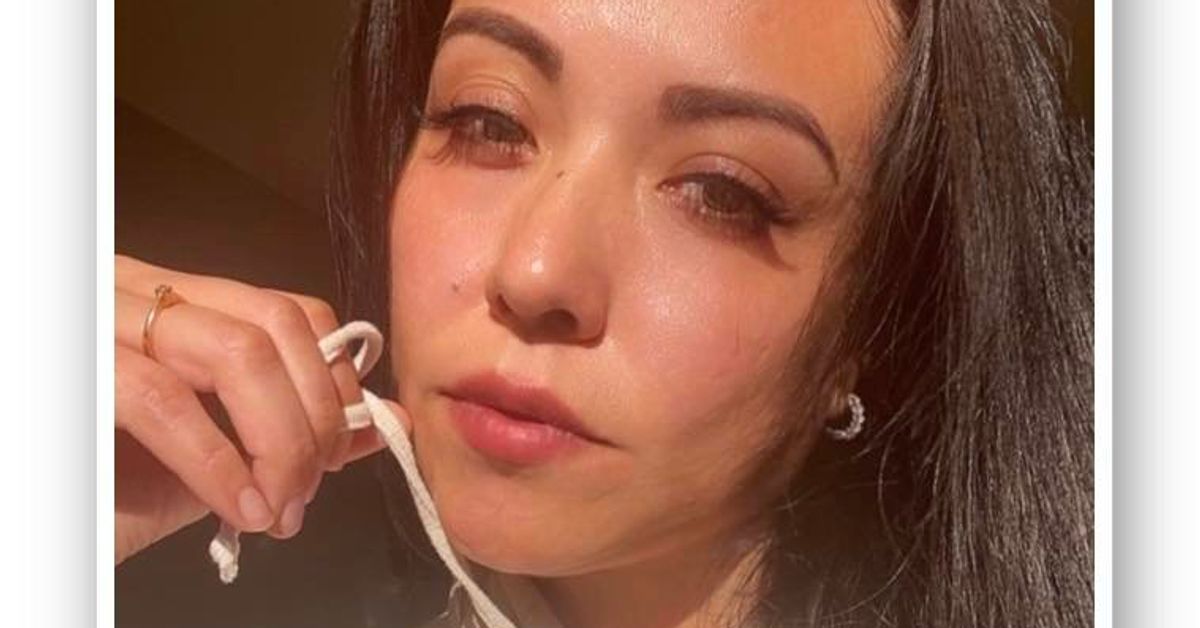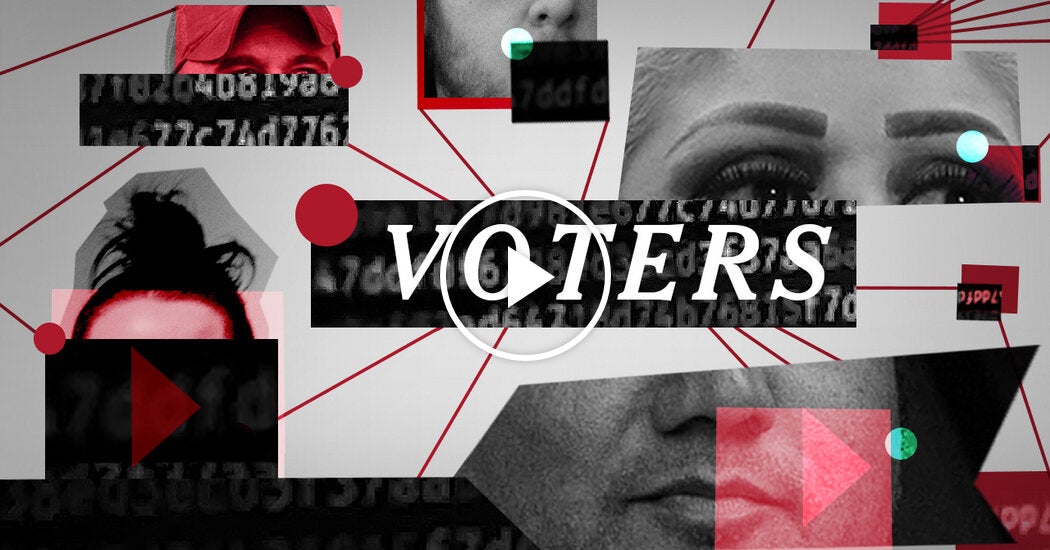Pfizer to vaccinate Olympians; Moderna vaccine works for those 12-17
Despite the USOPC not mandating or tracking COVID vaccines for Olympic hopefuls, athletes describe their decision making to getting vaccine.
USA TODAY
The troubled Tokyo Games may get a boost from the Pfizer-BioNTech vaccine.
The companies announced Thursday that they will donate COVID-19 vaccine to athletes and officials involved in this summer’s Olympic and Paralympic Games in Japan.
Delivery of initial doses is expected to begin at the end of May to ensure participating athletes and staff receive second doses ahead of arrivals in Tokyo. The Summer Olympics are scheduled to begin July 23. The Paralympics begin about a month later. The Games had been scheduled for last summer but were postponed one year because of the pandemic.
“The return of the Olympic and Paralympic Games represents a monumental moment of world unity and peace after a grueling year of isolation and devastation,” Pfizer CEO Albert Bourla said in a statement. “We are proud to play a role in providing vaccines to athletes and national Olympic delegations.”
Even though international spectators won’t be allowed at the Olympics because of the pandemic, the large majority of the Japanese public continues to be opposed to the Tokyo Games being held in July out of health concerns.
An online petition calling for their cancellation has gained tens of thousands of signatures in a few days. Tokyo, Osaka and several other areas are under a state of emergency with rising coronavirus infections. The headline in English of the petition reads: “Cancel the Tokyo Olympics to protect our lives.”
Also in the news:
►French President Emmanuel Macron is joining the Biden administration in saying he supports sharing the technology behind COVID-19 vaccines but said the immediate priority is for wealthier countries to donate more doses to poorer countries.
►Initial analysis of Phase 2/3 testing of Moderna’s vaccine in adolescents 12 to 17 years showed vaccine effectiveness of 96%, the company says. The vaccine was “generally well tolerated,” and there were no serious safety concerns identified thus far, the company said.
►The coronavirus variant first discovered in New York City does not appear to be leading to more severe infections, according to a study published by the CDC on Wednesday.
►CVS Health announced Wednesday that it is accepting walk-in appointments for COVID-19 vaccines at pharmacy locations across the country.
►California officials say a bar owner who sold undercover agents fake COVID-19 vaccine cards is now facing charges for multiple crimes.
📈 Today’s numbers: The U.S. has more than 32.5 million confirmed coronavirus cases and 579,000 deaths, according to Johns Hopkins University data. The global totals: Over 155.4 million cases and 3.2 million deaths. More than 321.5 million vaccine doses have been distributed in the U.S. and 249.5 million have been administered, according to the CDC. More than 107.3 million Americans have been fully vaccinated.
📘 What we’re reading: Want to know if your family or friends got the COVID-19 vaccine? It’s not rude to ask, etiquette experts say.
Keep refreshing this page for the latest updates. Want more? Sign up for our Coronavirus Watch newsletter for updates to your inbox and join our Facebook group.
Actual US death toll from COVID over 900,000, one report says
The true death toll from COVID-19 across the nation is probably over 900,000, more than 50% higher than the most commonly used tallies, according to a new analysis by the Institute for Health Metrics and Evaluation (IHME) at the University of Washington School of Medicine.
Data collected by Johns Hopkins University, based on deaths reported as COVID-related, put the U.S. death toll at about 580,000. The IHME data also puts the global death toll at 6.9 million, more than twice the Johns Hopkins number.
IHME estimated death tolls by comparing anticipated deaths from all causes based on pre-pandemic trends with the actual number of all-cause deaths during the pandemic. This “excess mortality” figure was then adjusted to remove deaths indirectly attributable to the pandemic – such as people with non-COVID conditions avoiding health care facilities – as well as deaths averted by the pandemic – such as fewer traffic deaths..
“As terrible as the COVID-19 pandemic appears, this analysis shows that the actual toll is significantly worse,” said Dr. Chris Murray, IHME’s director.
Murray said the new numbers reflect the “magnitude of this global crisis” and provides information to policymakers developing recovery plans.
Ogbonnaya Omenka, an associate professor and public health specialist at Butler University in Indianapolis who was not involved in the study, said the numbers are “mainly estimates” based on adjustments of raw data. He stressed the difficulty in collecting and analyzing data from multiple nations.
“Using global health data effectively requires awareness of these challenges,” he told USA TODAY.
CDC head: Vaccinated summer campers can take masks off outdoors
The CDC’s chief has clarified the agency’s guidance regarding summer camps after pushback that it was too strict, even from White House adviser Dr. Anthony Fauci.
CDC Director Dr. Rochelle Walensky said that, considering the FDA is expected to soon authorize COVID vaccines for adolescents ages 12-15, many summer campers could participate in outdoors activities without wearing masks. In its April 25 guidance, the agency recommended the use of masks outdoors for everyone except when eating, drinking or swimming.
“If we have authorization for 12- to 15-year-olds, and they can get vaccinated before going to camp, that’s what I would advocate, so they can take their masks off outdoors,” Walensky said Wednesday.
Social climbing: Everest climbers discouraged from visiting other camps
Everest ER in Nepal reports that its doctors have met with Mount Everest expedition leaders in recent days to help combat respiratory illnesses, encouraging all to maintain climb camp “bubbles” and discouraging the common practice of visits between camps. Climber Pawel Michalski posted on Facebook that more than 30 people evacuated to Kathmandu have tested positive for the coronavirus.
Everest ER said climbers are being encouraged to wear masks even within their camps. Expedition leaders are being urged to send any members with respiratory illness to Everest ER for further evaluation to isolate and monitor ill camp members. Michalski said every base is functioning in “closed mode.”
“We live like islands scattered on the ice sea,” he wrote.
Pfizer-BioNTech vaccine effective against two major variants
The Pfizer-BioNTech vaccine is effective at protecting against severe disease caused by two variants rapidly spreading around the U.S., according to two studies published Wednesday. The vaccine protects against severe illness caused by both the variant first identified in the U.K. and the variant first discovered in South Africa, the studies show. One was published in the New England Journal of Medicine and the other in The Lancet.
There have been 20,915 cases of the U.K. variant in the U.S., Centers for Disease Control and Prevention data shows. In April, CDC Director Rachelle Walensky announced it had become the dominant strain in the U.S., and in January British Prime Minister Boris Johnson warned that the variant might be 30% more deadly than previous versions of the disease. But The Lancet study showed that in Israel, where the variant accounted for nearly 95% of all coronavirus cases, the two doses provide more than 95% protection against COVID-19 infection, hospitalization, and death.
India under siege, Southeast Asia battles surges
India has already reported more cases this year than it did in all of 2020, Johns Hopkins University data shows. India passed that mark Tuesday, and on Wednesday reported more than 412,000 cases. India in all of 2020 reported 10.27 million cases; so far this year, it’s 10.81 million. On average this year, India has been adding one case every second; the current pace is closer to five cases per second.
Meanwhile, the huge COVID-19 crisis in India extends beyond its borders to other Southeast Asian countries, and infections are spiking throughout the region. In Thailand, a surge that began in April has prompted health officials to rush to vaccinate thousands of people in Bangkok’s biggest slum. Bhutan, which borders India, and Laos are also reporting surges in infections in recent weeks, mostly blamed on virus variants but also failure to adhere to mitigation measures.
– Mike Stucka
States that lifted restrictions early saw short-lived booms
States that lifted business restrictions early during the COVID-19 pandemic benefited from a boost in economic activity, but those gains were limited or short-lived, as other states often caught up within a month, according to a study by Moody’s Analytics. The aggressive states notched a longer-lasting advantage in employment but even in that critical category, the other states have narrowed the gap, the Moody’s analysis shows.
“I don’t see the states, by reopening aggressively, bought themselves that much additional growth,” Moody’s economist Adam Kamins says. Read more here.
– Paul Davidson
US backs lifting intellectual property rules for COVID-19 vaccines
The Biden administration will support efforts to waive intellectual property protections for COVID-19 vaccines, a major step in the attempts to end the pandemic as it continues to rage in India and other parts of the world. U.S. Trade Representative Katherine Tai announced the decision in a Wednesday statement, amid World Trade Organization talks over easing global trade rules to enable more countries to produce more of the vaccines.
“This is a global health crisis, and the extraordinary circumstances of the COVID-19 pandemic call for extraordinary measures,” Tai said in the statement. “The administration believes strongly in intellectual property protections, but in service of ending this pandemic, supports the waiver of those protections for COVID-19 vaccines.”
She also cautioned that it would take time to reach the required global “consensus” to waive the protections under WTO rules, and U.S. officials said it would not have an immediate effect on the global supply of COVID-19 shots. The pharmaceutical industry has opposed lifting the patent protections.
Contributing: The Associated Press
Read or Share this story: https://www.usatoday.com/story/news/health/2021/05/06/covid-vaccines-variants-fda-mask-california-nyc/4964560001/
Shared From Source link Breaking News



